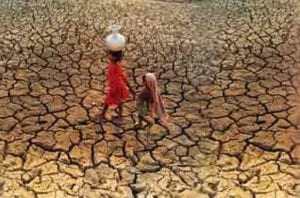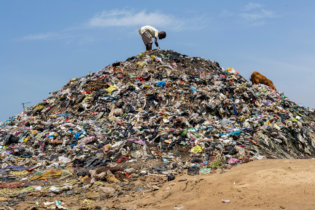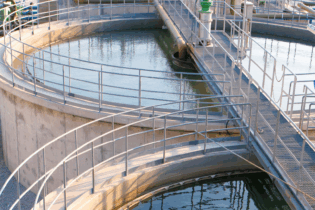 The drought is far from over and water restrictions will continue to be implemented in an effort to conserve water.
The drought is far from over and water restrictions will continue to be implemented in an effort to conserve water.
Current dam levels
The Bloemfontein System, consisting of four dams serving mainly Mangaung, has revised its water restrictions to 30% for domestic and 75% for irrigation from the Caledon which will be increased to 100% when transfers are made from Lesotho. In the Orange River system, restrictions of 10% for domestic and industry and 15% for irrigation have been applied. These restrictions are also applicable to transfer schemes from the Orange River. Dams in KwaZulu-Natal remain dangerously low with Klipfontein at 12.5%, Hluhluwe at 17.7% and Goedertrouw at 17.7%. All these dams are declining slightly week on week. The current restrictions for Goedertrouw dam will remain at 15% industry, 40% domestic and 80% irrigation, but these restrictions might increase if the situation does not improve.The Vaal River System, serving mainly Gauteng, Sasol and Eskom, has decreased by 0.3% to 53.1%. The Vaal Dam decreased to 32.5% a decrease of 0.7% week on week. Rand Water begun implementing the reduction of supplies to its major customers on 6 September.
The City of Joburg also announced its revised restrictions on last week and has established a task team to monitor implementation of the restrictions.





